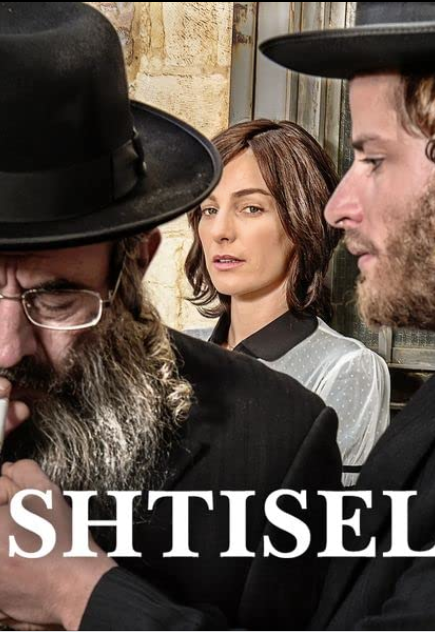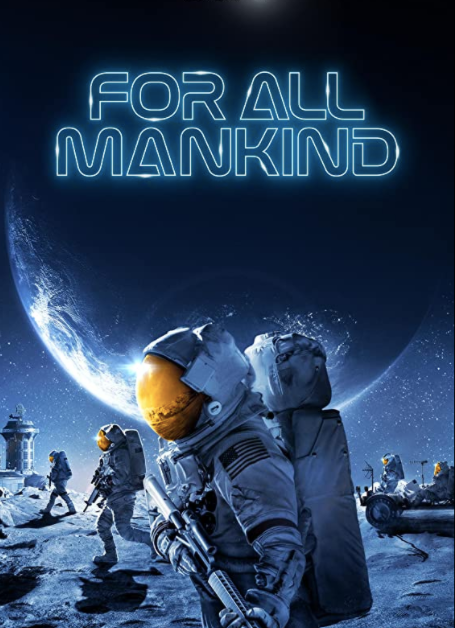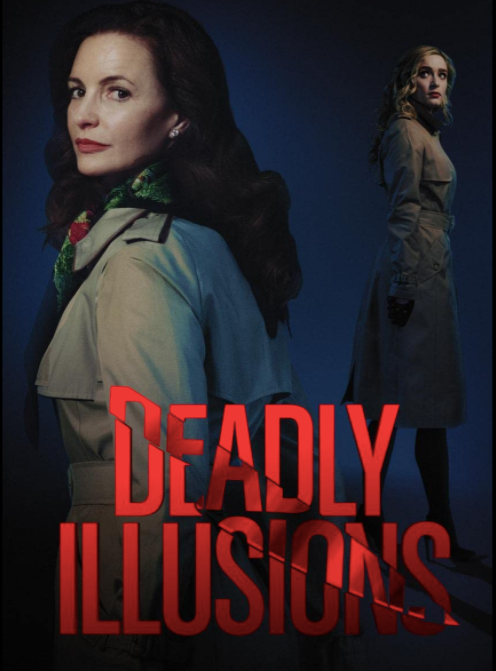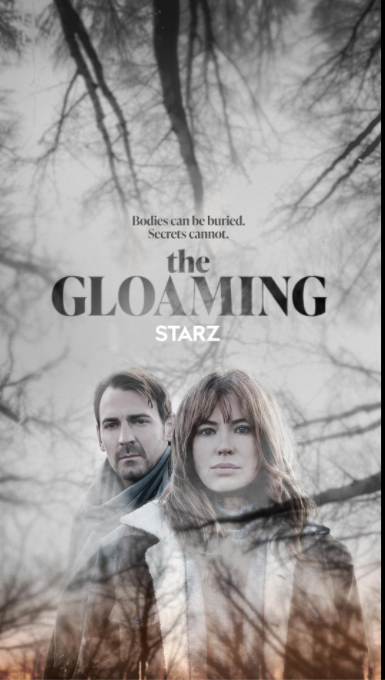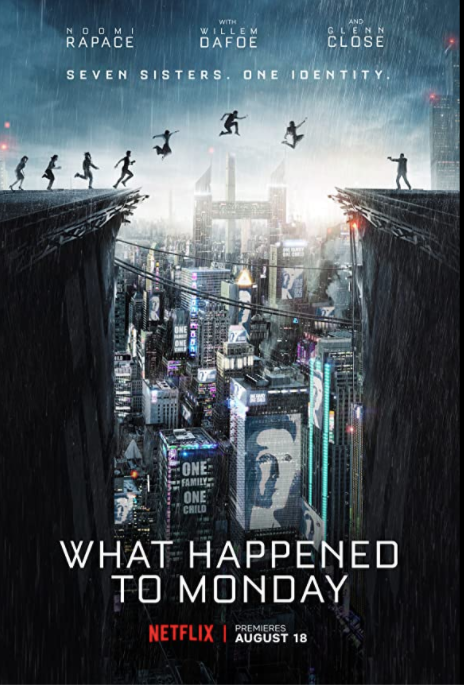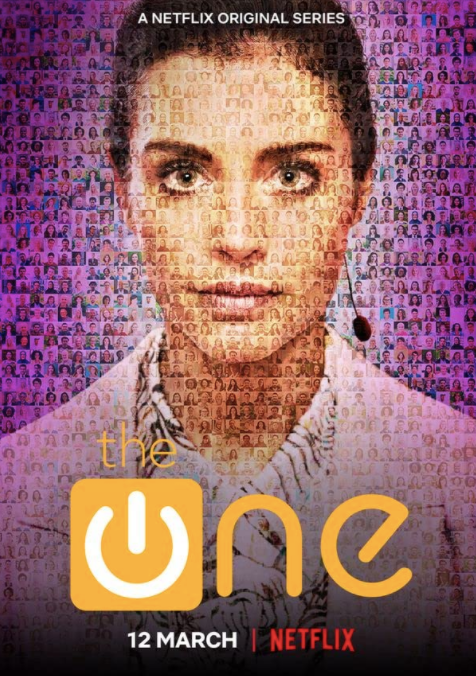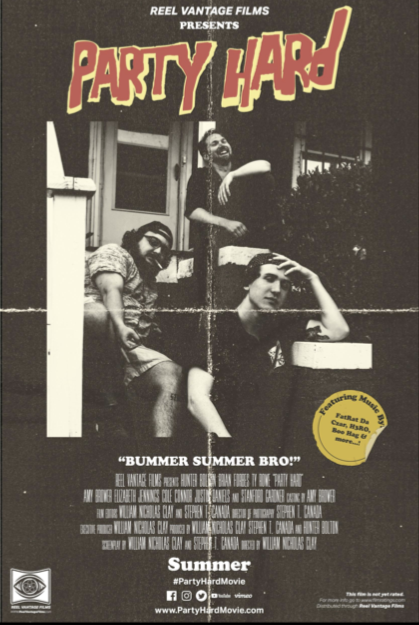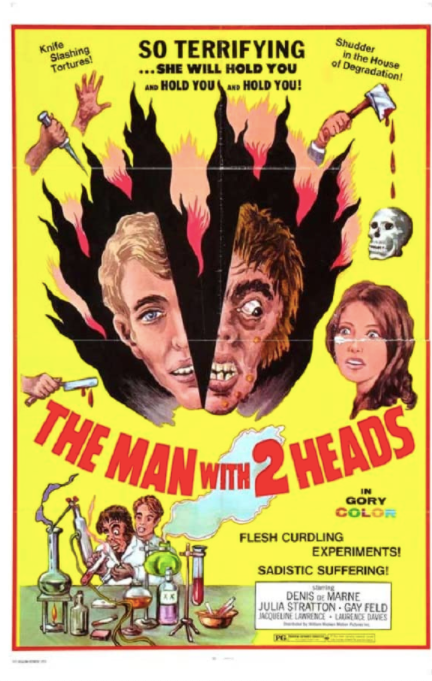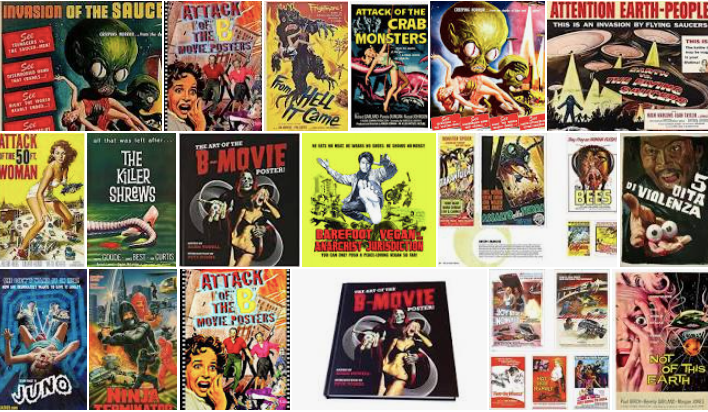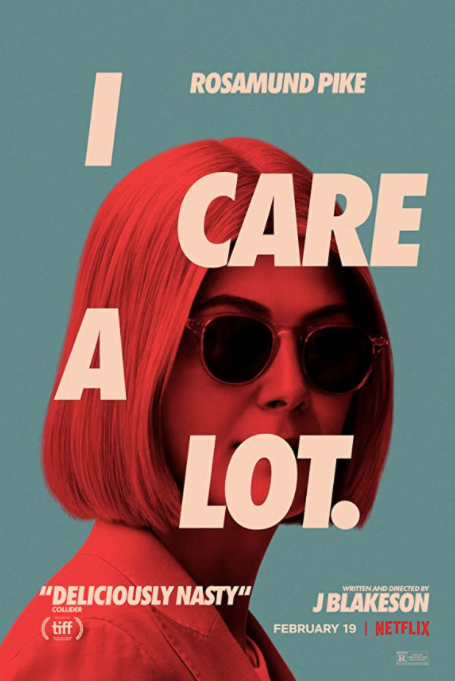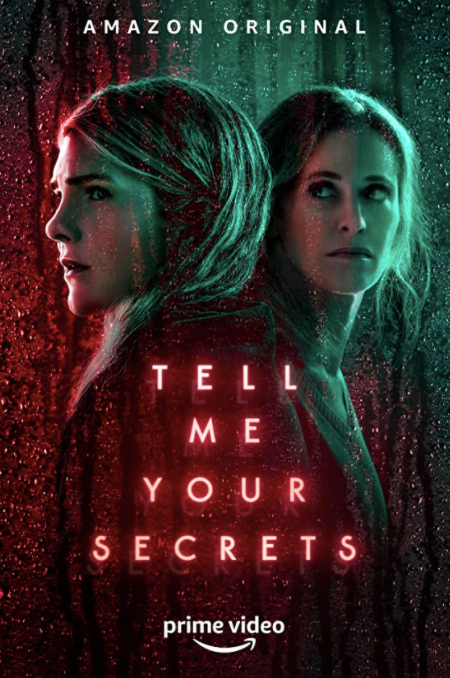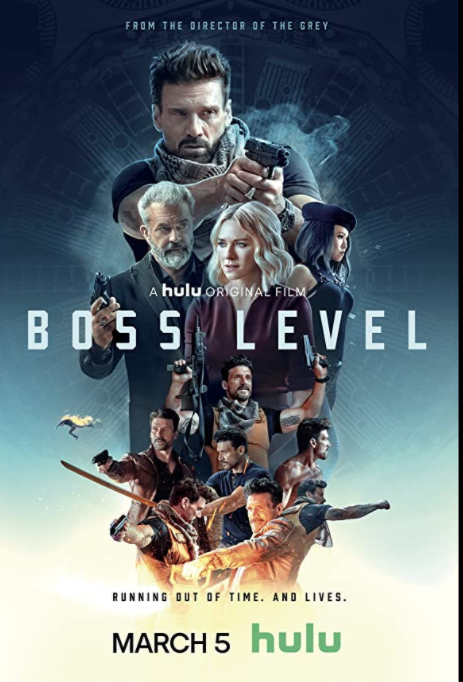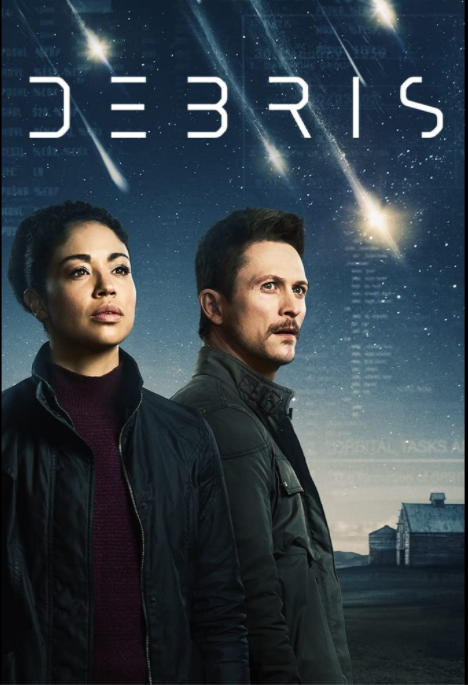
The destruction was averted, and it would have been a major piece of devastation indeed: sending a piece of Manhattan to who knows where. This evokes not only the song "I'll Take Manhattan," but John Stith's novel Manhattan Transfer. It requires not one but two pieces of interstellar debris, posted in just the right places, fine tuned in appropriately near-distanced skyscrapers.
And the beings doing this come not from the stars -- at least as far as we know -- but are apparently the human beings in Influx, that mysterious organization trying to marshall the powers of the debris for their own benefit. They take pills which enable them to teleport through short, maybe longer, spaces, and the guy with the beard who is in command can join in a song playing blocks away.
Again, all of this feels like an update of Fringe, and that's just fine. Debris has the addition of the CIA/MI6 complex relationship of incomplete allies, and this is being well developed as well, in the interactions of Finola and Bryan, both with one another and with their higher-ups in the agencies.
What I'd still like to see: how about a joint mission out into space to see exactly where the interstellar ship first appeared? If there were no such thing as discrete networks and streaming services down here on Earth in our reality, there could be a crossover event between Debris and For All Mankind. But I'll settle for whatever Debris can dish out.
See also Debris 1.1 Some Probability of Gems Among the Pieces ... Debris 1.2: Clones ... Debris 1.3: Trapped Out of Time ... Debris 1.4: Suspentia Belief




